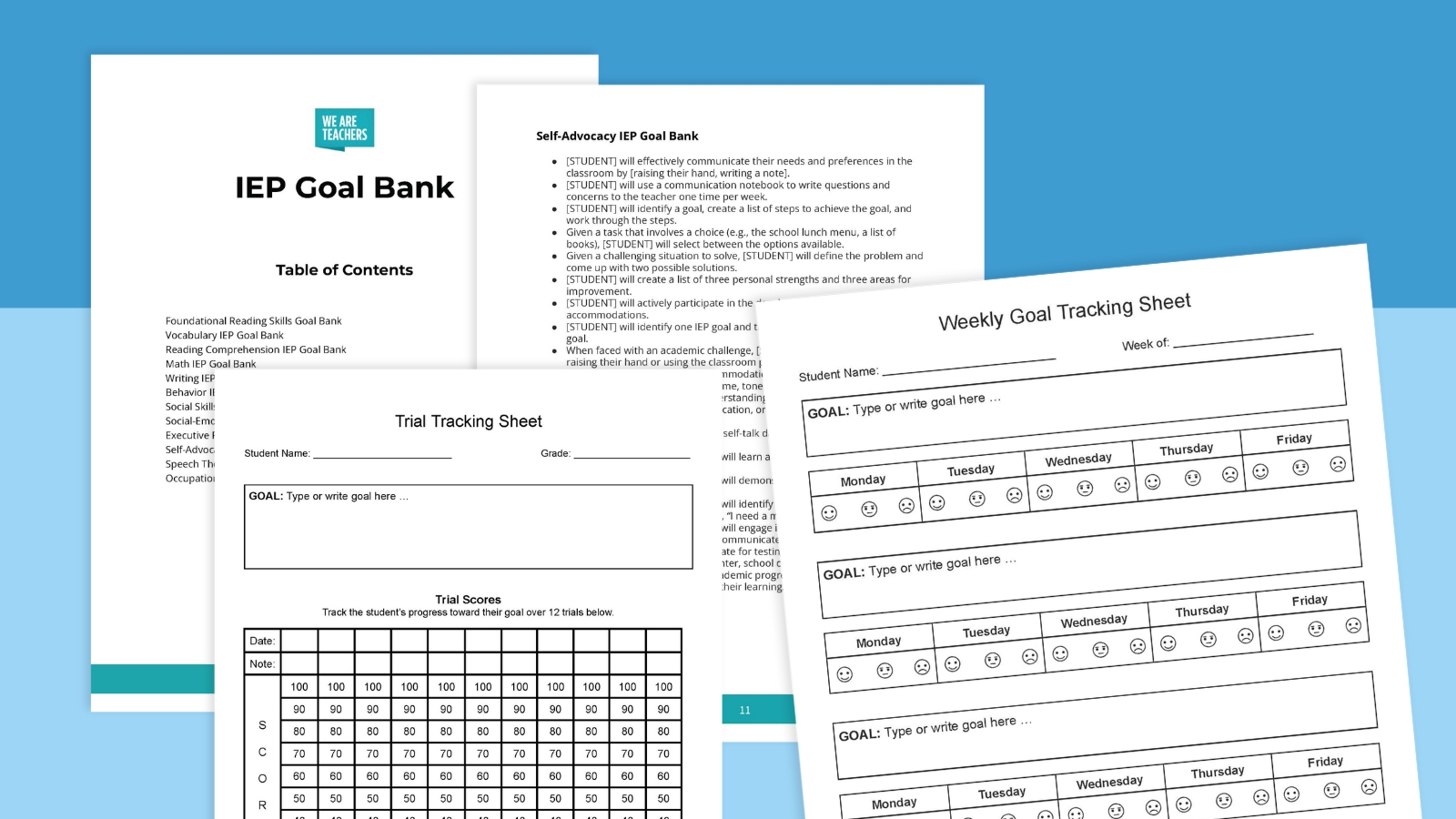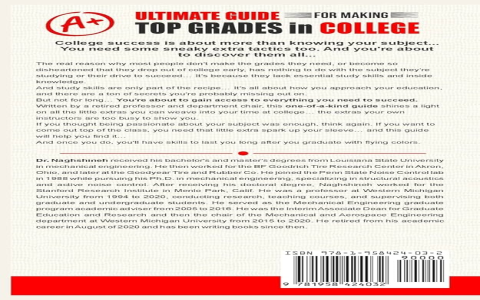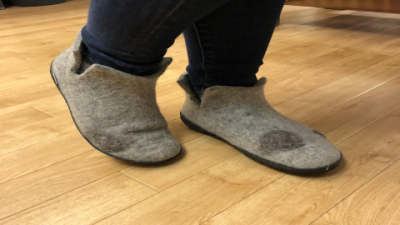Why Review Sheets Matter for Your Grades
Studying doesn’t have to mean endless pages of notes or frantic late-night cramming. The secret weapon for top students? Simple: well-made review sheets. Instead of drowning in information, review sheets help you focus on the ideas that really matter. You get right to the point, jog your memory faster, and feel more in control before any test or exam.
Think about what worries most students before a big test: “Am I missing something?” With a thoughtfully crafted review sheet, you zero in on knowledge gaps, condense weeks of learning into a page or two, and transform nerves into quiet confidence. You’re not just memorizing—you’re actively reviewing, which is proven to deepen your understanding.

Top Types of Review Sheets That Actually Work
- Printable Templates: Love the feel of paper? Search for downloadable templates online. These let you organize key terms, formulas, or historical events into neat summaries. Tools like Cornell Notes or Venn diagrams are classics.
- Digital Sheets & Apps: On your phone or laptop more than your desk? Apps like Quizlet, Notion, or Evernote have ready-to-edit templates and spaced repetition features. They’re perfect for quick study sessions on the go.
- Teacher-Created Guides: Never overlook the review sheets your teachers hand out before exams. These focus on what matters for your course—core concepts, sample questions, and even common traps. If you’re ever unsure what to study, start here.
Making Your Own Effective Review Sheet
The most helpful review sheet is the one you create yourself. Here’s an easy method:
- Start with your syllabus or list of main topics.
- Slim it down: Use bullet points, diagrams, and tables. Focus on what would trip you up on a test.
- Add color or symbols to highlight areas you always forget or struggle with.
- Make it active: Leave questions to answer, or try filling in blanks from memory.
- Update as you study, so you capture new insights or corrections along the way.
Common Questions About Review Sheets
- Which is better, handwritten or digital review sheets? Both have their place. Writing out key points by hand can help you remember better, but digital sheets let you edit and reuse your review materials easily. Try both and see what works for your learning style.
- How often should I go over my review sheets? Don’t just look them over the night before an exam. Reviewing a little every few days helps cement the information. Even five minutes a day can pay off.
- Do review sheets replace textbooks? Not quite. Review sheets help you condense and organize information, but textbooks still provide the deep dives when you need details or explanations.
- I always end up copying from the textbook—how do I avoid this? Challenge yourself to put things in your own words. If you can explain an idea simply, you’ve got it. Don’t just transcribe, summarize!
Tips for Getting the Most from Review Sheets
- Mix up your study methods: Use review sheets alongside flashcards, group study, or past practice questions.
- Look for connections: Link related topics, spot cause-and-effect patterns, or compare similar ideas. These links help the information stick.
- Focus on frequently tested material: Scan old tests or ask your teacher what’s most likely to appear. Center your review sheet on these topics.
- Highlight key terms: Pay attention to important vocabulary, formulas, or dates, and make sure they stand out on your sheets.
- Use visuals: Charts, timelines, and diagrams can break up heavy text and make recall easier—especially in subjects like science or history.
A Sample Review Sheet Format
| Topic | Key Points | Examples / Formulas | Practice Question |
|---|---|---|---|
| Photosynthesis | Needs sunlight, CO2, and water; makes glucose and O2 | 6CO2 + 6H2O → C6H12O6 + 6O2 | What are the outputs of photosynthesis? |
Final Thoughts
Cramming doesn’t work nearly as well as reviewing smart. With a strong review sheet, you save time, focus your energy, and walk into exams with real confidence. Make your review sheet work for you: fill it with your own words, examples, and the concepts you find hardest—those are the ones worth revisiting. Start today and see the difference when your grades start climbing!



